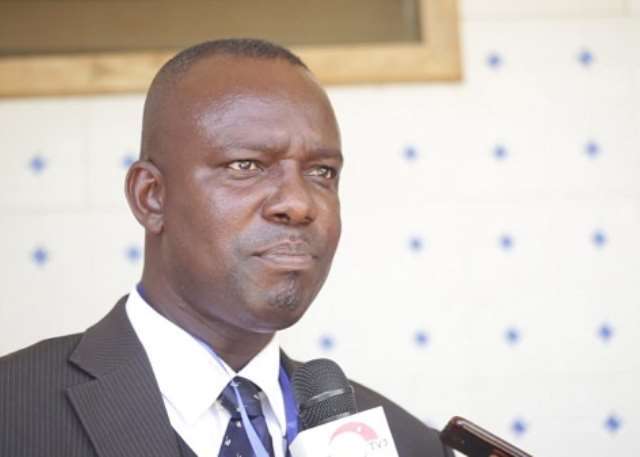In a resolute move, the College of Education Teachers Association of Ghana (CETAG) has declared its firm intention to defy the directive from the Fair Wages and Salaries Commission (FWSC) to terminate its ongoing strike. This standoff marks a significant escalation in the ongoing dispute between CETAG and the government over unfulfilled commitments and service conditions.
On Friday, June 14, 2024, CETAG announced an indefinite cessation of work, citing the government’s procrastination in executing the National Labour Commission’s (NLC) Arbitral Award Orders and agreed-upon service conditions. CETAG’s decision has been met with a stern response from the FWSC, which has demanded an immediate halt to the strike, describing the action as a breach of trust, particularly in light of the government’s efforts to resolve the issues at hand.
Despite these appeals, CETAG remains unyielding. Prince Obeng-Himah, President of CETAG, articulated the association’s position, underscoring that the strike is a legitimate measure aimed at protecting their constitutional rights.
“It is a legal action we have taken to protect our economic rights, and that is enshrined in the labour act which is under the 1992 constitution. We haven’t erred in any way.”
“We can tell our people that the law is on our side, they should rally behind leadership. Let’s carry through with the process until such a time that the government complies.”
Mr. Prince Obeng-Himah, President of CETAG
The President of CETAG further encouraged members to remain steadfast and united in their cause.
The crux of CETAG’s grievances lies in the government’s failure to implement the NLC’s Arbitral Award Orders, which were intended to address various service conditions for teachers in the colleges of education. CETAG has accused the government of undue delay and lack of commitment to honoring these agreements, which they argue has severely impacted the welfare of their members.
The ongoing strike has disrupted academic activities in colleges of education across the country, raising concerns about the potential long-term impact on the education sector. Students have been left in limbo, with many expressing frustration over the uncertainty surrounding their academic future.
Strike Continues Amid Calls for Resolution

In response to the strike, some stakeholders in the education sector have called for a swift resolution to the impasse. They argue that prolonged industrial action could have detrimental effects on the quality of education and the overall morale of both students and teachers.
Addressing the media in Accra, Benjamin Arthur, CEO of the FWSC, expressed disappointment over CETAG’s decision to continue the strike.
“The government has shown a spirit of cooperation because we are convinced that it is of mutual benefit, and it will advantage our nation to at least make some concessions for our peers instructing at the colleges of Education. The government’s intentions are sincere.”
Mr. Benjamin Arthur, CEO of the FWSC
Arthur emphasized the need for CETAG members to resume their teaching duties, asserting that the strike was based on mistrust rather than substantive grievances. “Therefore, we implore them to return to their teaching duties. The strike is founded on mistrust,” he added.
The FWSC, on the other hand, maintains that the government has been proactive in addressing the concerns raised by CETAG. According to Benjamin Arthur, substantial progress has been made in negotiations, and the government remains committed to finding a resolution that is beneficial to both parties. However, the continuation of the strike poses significant challenges to these efforts.
As the standoff continues, the possibility of legal action looms large. The FWSC has hinted at pursuing legal avenues to compel CETAG to resume work, a move that could further intensify the conflict. The potential legal battle underscores the deep-seated tensions between the two parties and the complexities involved in resolving the dispute.
In the midst of this conflict, the education sector awaits a resolution that will restore normalcy and ensure that the interests of teachers, students, and the broader educational community are safeguarded. The outcome of this standoff will likely have far-reaching implications for industrial relations within the education sector and the broader public service in Ghana.
For now, CETAG remains steadfast in its decision to continue the strike, while the FWSC and the government explore all possible avenues to bring an end to the impasse. The coming days will be crucial in determining the trajectory of this dispute and its impact on the education system in Ghana.
READ ALSO: Burna Boy Becomes African Artiste With Highest-Grossing on Tour




















